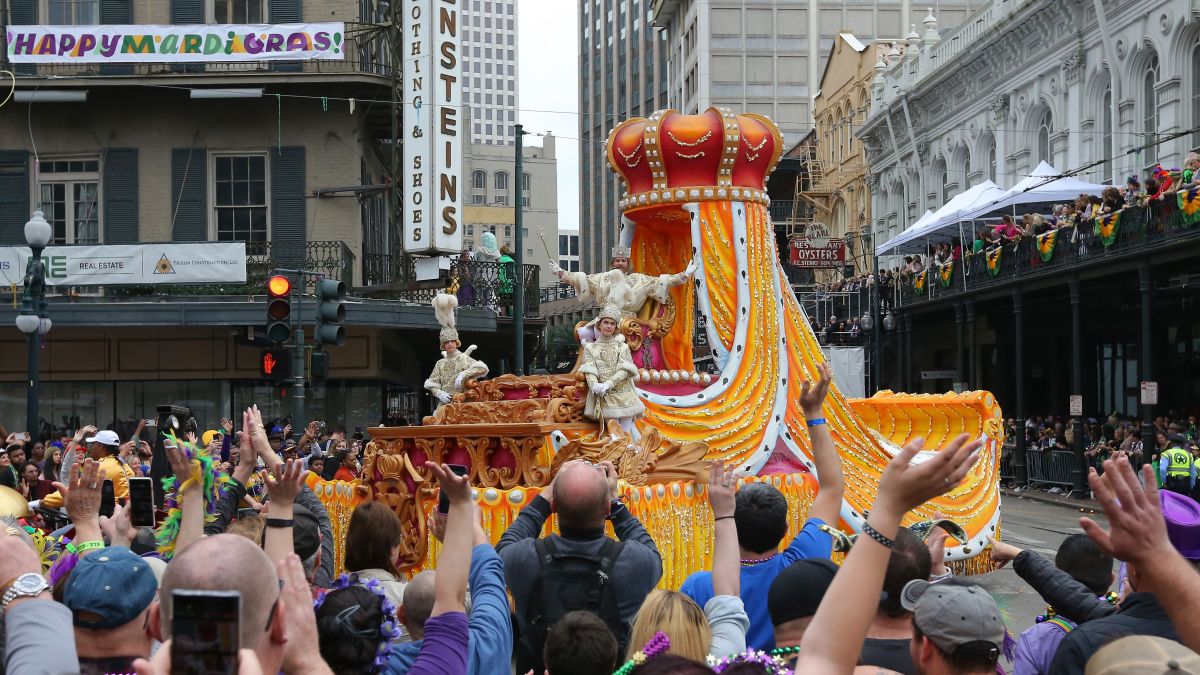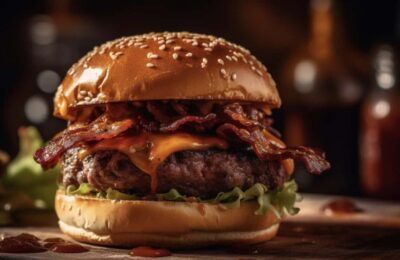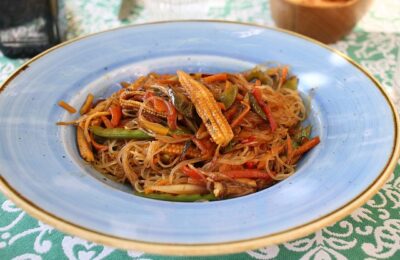We know that Christmas, New Year and Easter are celebrated in many countries around the world. But what about Shrovetide? Pancakes, scarecrows, ribbons – all this sounds like a native Russian tradition, but the beginning of spring and the end of winter are celebrated all over the world, just from Shrovetide it turns into Fastnacht, Meat Pass, Scraps, Shrovetide, Fat Tuesday and Mardi Gras. At A+ Lock & Door, a door repair company, it’s customary to celebrate all holidays, so feel free to stop by on any holiday, because they are open 24/7 https://door-repair-toronto.ca/.
Celebrate Shrovetide with Traditional Pancakes
Shrovetide, also known as Pancake Week, is a holiday celebrated in many countries around the world. It marks the beginning of Lent, a period of fasting and self-reflection leading up to Easter. One of the traditional foods eaten during Shrovetide is pancakes. These thin, crepe-like pancakes are often served with a variety of sweet or savory toppings.
To make Shrovetide pancakes, you will need:
- 1 cup all-purpose flour
- 2 eggs
- 1 cup milk
- 1/2 cup water
- 2 tbsp sugar
- 1/4 tsp salt
- 2 tbsp melted butter
- Oil or butter for frying
In a mixing bowl, combine the flour, sugar, and salt. Make a well in the center of the dry ingredients and crack in the eggs.
- Whisk the eggs and gradually incorporate the flour mixture. Add the milk and water, and whisk until the batter is smooth and free of lumps.
- Stir in the melted butter and let the batter rest for 15-30 minutes.
- Heat a non-stick skillet over medium-high heat. Add a little bit of oil or butter to the pan.
- Using a ladle or measuring cup, pour a small amount of batter into the pan and swirl it around to create a thin, even layer.
- Cook the pancake for about 1-2 minutes on each side, until golden brown.
- Repeat with the remaining batter, adding more oil or butter to the pan as needed.
- Serve the pancakes hot with your favorite toppings, such as fruit, jam, whipped cream, cheese, or smoked salmon.
Enjoy these delicious Shrovetide pancakes with your family and friends, and embrace the traditions of this joyous holiday!
France – Belgium – Switzerland.
And all the other regions where French culture has managed to leave its mark! Pancake Day in France is Fat Tuesday or Mardi Gras, a merry carnival of national proportions. Elegant costumes, mysterious masks, crowds of people and festive processions! It’s not without pancakes, only they are complemented by more soups, appetizers, as well as pretzels, doughnuts and other sweets.
Interesting fact: the holiday should last all day, but in no case go past midnight! If the celebration continues after 12 o’clock, then the carriage will not turn into a pumpkin, but the souls of those celebrating will become the property of the devil. Such sweet traditions of French culture.
UK
The British also celebrate “Fat Tuesday,” but add to it the second name “Penitential Day,” although the main meaning of the holiday for many people is not about penitence, but about eating and enjoying themselves before the Lent. But we have to hand it to the British: before the holiday they really go to church to repent of their sins. Different parts of Britain have their own pancake traditions: in England – sweet pancakes with powdered sugar and lemon juice, in Scotland – Lenten cakes.
The tradition of making pancakes is somewhat similar to the family tradition of pelmeni in Russia – someone is responsible for the dough, someone for the pan, and someone for buttering the pancakes. This tradition brings families together and unites the generations. The most spectacular event is the “pancake run” or “pancake race. The tradition of race came into the national scene last century, although legend has it that one of the Englishwomen of the 15th century was to blame for it, as she had no time to make pancakes and rushed to church with a frying pan in her hands.
Anyone can take part in the pancake races, although in some areas there is a limit on the number of participants for safety reasons. If you want to participate, bring an apron, a chef’s hat, a pancake pan and a pancake. To win, you’ll need to beat everyone else, while having time to turn the pancake 3 times without spoiling its shape. Another interesting tradition, which we ourselves would love to take part in, is a mass soccer game. It is so massive that the whole town plays it – the north side of town against the south.
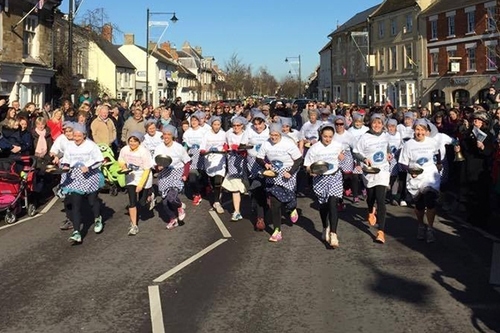
Italy-Spain-Portugal-Latin America
As in France, these countries have colorful and large-scale carnival processions. We celebrate the Shrovetide for 7 days, and these guys have fun for a whole month! However, it is worth noting that the most important day of the month is still the same “Fat Tuesday”. The most famous carnivals take place in Rio de Janeiro and Venice.
Interesting fact: the tradition of wearing masks came to carnivals for a reason. Carnival was the most popular holiday and allowed the poor to join the celebration on an equal footing with the nobility. To really mix all the people up and not give away who was who at the table, all the people wore masks.
Germany – Norway
The most amazing thing about Fastnacht, the German Pancake Day, is that there is no gluttony or food abundance. A special flour soup and pies are on the menu. But the Germans go all out in terms of celebration: theatrical parade with the scariest costumes imaginable. Halloween is relaxing.
Hundreds of devils, trolls, goblins, yetis and other evil spirits take to the streets of German cities. The procession starts even after dark, so you can imagine how creepy it all looks. The Norwegians, too, decided that food should be in moderation, and limited themselves to just three days of feasting. From greasy Sunday to no less greasy Tuesday you have to eat as much fatty food as possible, apparently, to stock up for the year ahead.
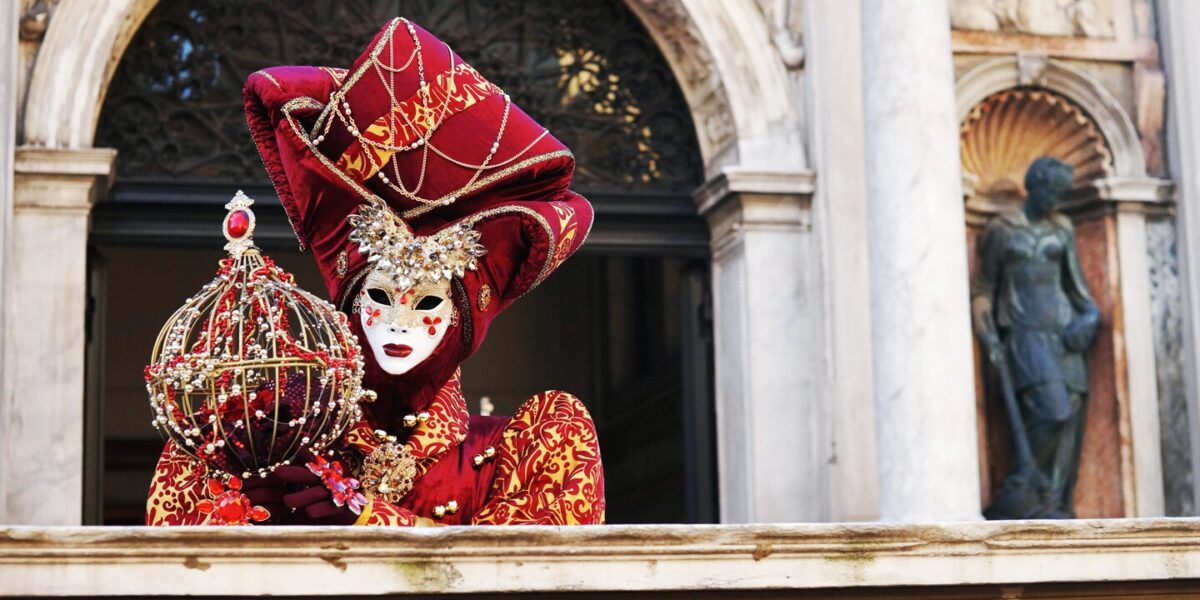
Poland – Czech Republic
Here Maslenitsa is called Masopust / Masopust and begins on “Fat Thursday” and ends on “Fat Tuesday. Many traditions are associated with unmarried women and unmarried men. In Poland, girls are jokingly “sold” in the tavern, and in the Czech Republic they tie a wooden bar to their feet and hands, to remove which you must pay off. It’s even more difficult for young men; in Poland they will be fed and drunk first and then dragged by the hair. You have to be vigilant!
The food includes pancakes, donuts, pancakes and all kinds of sweets. It’s interesting that while in Russia they burn an effigy, in the Czech Republic they bury a real contrabass, symbolizing the farewell to winter. During the “funeral ceremony,” entire speeches are made about the sins of the double bass and its former life.
